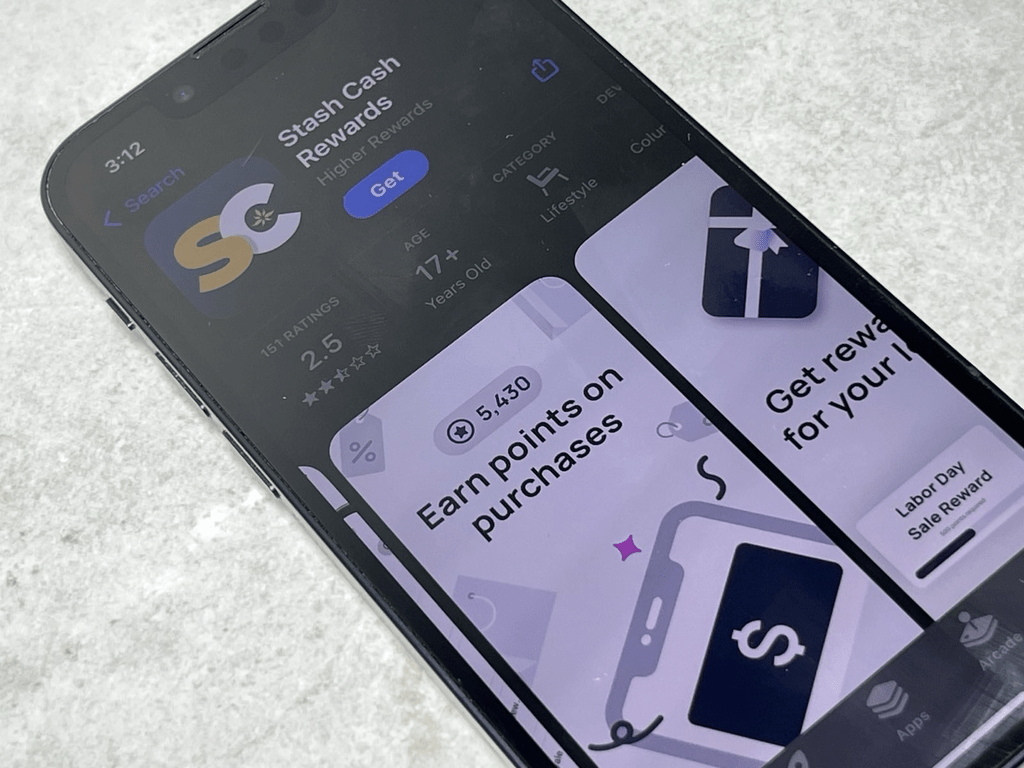A seasoned cannabis shopper might wonder whether being a VIP or loyalty program member actually improves one’s experience—or whether it’s mostly about saving a few dollars. The evidence suggests that yes: well-designed VIP or loyalty memberships do tend to yield better service, more personalization, and higher value. Here’s how and why.
How “better service” shows up
- Faster, more personalized interactions.
VIP members are often distinguished in dispensary systems (via tiers, notes, or profiles) so staff know more about their preferences, past purchases, and potential pain points. That means recommendations are more tailored, errors are fewer, and the interaction feels more personal. The data needed for this tends to come through loyalty programs. - Exclusive perks beyond price cuts.
Many programs offer more than discounts: early access to new products, special events (VIP days), free or expedited services like delivery or skip-the-line privileges. These perks elevate service quality for VIPs. - Higher consistency and special attention.
Shops with loyalty programs often make it part of their brand to treat loyal customers better—keeping favorites in stock, giving better recommendations, and training staff to recognize VIPs. These operational decisions improve the experience.
Why loyalty/status enables better service
- Data & feedback loops: Loyalty programs generate useful data on what customers buy, how often they come in, and what they like. Dispensaries leverage that to optimize inventory, training, and marketing. Once VIPs are identified, the store often learns what to show, when to restock, and what customers appreciate.
- Incentive to retain: Acquiring a customer is expensive (especially in regulated cannabis markets). So dispensaries have strong motivation to keep VIPs happy. Treating them better helps ensure repeat visits. Studies show even small increases in retention (often driven by loyalty perks) can drive large revenue gains.
- Tiered programs and aspirational benefits: Many dispensaries use tiers—higher spend or frequent visits move someone up into a better level. These tiers often unlock service-based benefits. The aspiration to reach those perks makes customers stay engaged, and the dispensary designs their operations to support delivering higher service once a customer has “earned” that status.
Caveats and what to watch out for
Not all loyalty or VIP programs are equal. Some offer minimal perks, or perks that are mostly price-based without better service. Others may have confusing rules, expiration of points, or perks that aren’t meaningful. Also, in some markets the legal/regulatory environment limits what perks can be offered.
In Summary
For a veteran cannabis shopper, VIP/loyalty memberships can deliver better service: more personalized interactions, preferential treatment, perks beyond discounts, better stock availability, and smoother experiences. But the actual benefit depends on how well the program is designed, whether the dispensary invests in staff and systems to support it, and whether the shopper uses the program in ways that unlock its perks. If done right, VIP status is more than just a label—it becomes a real lever for better service.

